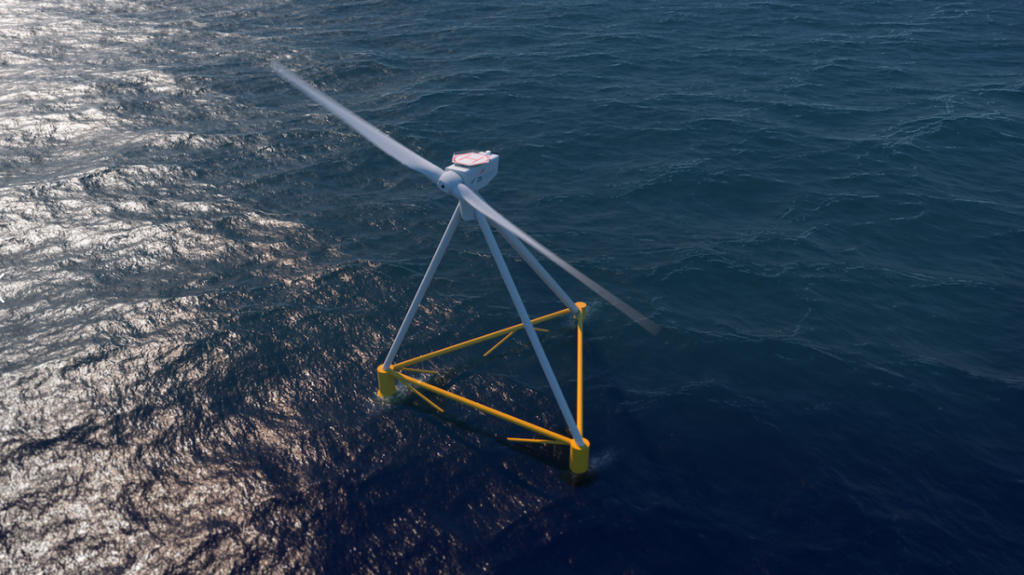Khởi động dự án phát triển công nghệ điện gió nổi ngoài khơi hơn 20 MW
Một tập đoàn gồm mười ba đối tác đã khởi động dự án NextFloat ở Paris nhằm đẩy nhanh việc triển khai thế hệ tiếp theo của công nghệ gió nổi để triển khai công nghiệp, có khả năng mở rộng hơn và cạnh tranh hơn.
Sáng kiến này được dẫn dắt bởi các đối tác từ tám quốc gia bao gồm Technip Energies với tư cách là điều phối viên dự án, X1Wind, Naturgy, 2B Energy, Hellenic Cables, Đại học Kỹ thuật Đan Mạch, Hydro, Ecole Centrale de Nantes, Schwartz Hautmont, Ocas, Tersan Shipyard, Ocean Ecostructs, và Cybernetix.
Được hỗ trợ bởi Ủy ban Châu Âu theo chương trình Horizon Europe với khoản tài trợ công là 16 triệu EUR, cộng với nguồn vốn tư nhân từ các đối tác và cổ đông, dự án dự kiến sẽ hoạt động cho đến năm 2027.
Dự án sẽ dẫn đến việc triển khai một nguyên mẫu gió nổi 6 MW tại địa điểm thử nghiệm Mistral ở Biển Địa Trung Hải của Pháp, để chứng minh ở quy mô phù hợp một thiết kế nền tảng nổi xuôi gió tích hợp, đồng thời thúc đẩy song song quá trình công nghiệp hóa và mở rộng quy mô của giải pháp tích hợp có quy mô lên tới hơn 20 MW, để chuẩn bị cho các trang trại gió nổi thương mại đang được phát triển ở châu Âu.

Nguồn: X1Wind
“Gió nổi là một trong những hệ thống phát điện có hàm lượng carbon thấp nhất để đáp ứng nhu cầu năng lượng một cách bền vững đồng thời tạo ra khả năng cạnh tranh tốt hơn, ít tiếng ồn và ô nhiễm thị giác hơn, đồng thời ít tương tác hơn với người dùng trong lĩnh vực hàng hải,” Laure Mandrou, SVP Carbon- Giải pháp năng lượng miễn phí của Technip Energies, cho biết.
”Dự án NextFloat đại diện cho một cơ hội duy nhất để thử nghiệm một phiên bản mới và đột phá của công nghệ này ở quy mô đầy đủ, giúp giảm đường cong chi phí nhằm cung cấp các dự án quy mô công nghiệp ở giai đoạn sớm nhất có thể.”
Dự án này được xây dựng dựa trên các Dự án châu Âu trước đây như PivotBuoy, dự án gần đây đã dẫn đến việc lắp đặt một nguyên mẫu có quy mô một phần ở Quần đảo Canary để xác nhận công nghệ.






